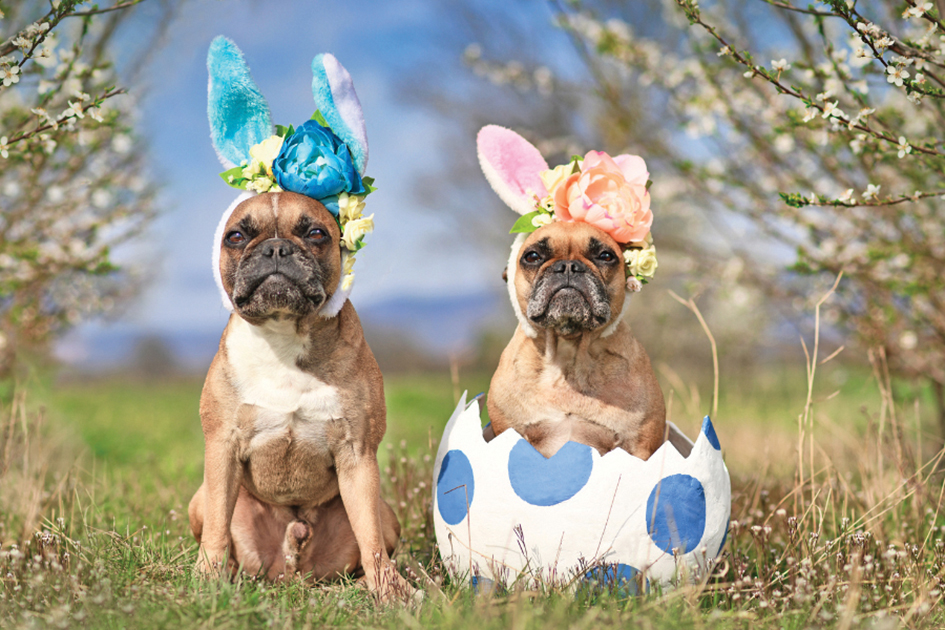By Kellie Tickner, Orchard Hills Veterinary Hospital Administrator
AS Easter approaches, among the joyous celebrations and family gatherings, it’s important to remember that this festive occasion can pose serious risks to our furry companions. Whilst we indulge in chocolate eggs, hot cross buns, and sweet treats, our pets may unwittingly encounter hazards that could turn a joyful weekend into a veterinary emergency.
Chocolate, an essential part of Easter celebrations, contains theobromine, a toxin that can be fatal to dogs. Even small amounts can lead to symptoms such as muscle stiffness, vomiting, and seizures. Prompt veterinary attention is crucial if you suspect your pet has ingested chocolate. Similarly, hot cross buns, with their raisins and dried fruits, can cause kidney failure in both dogs and cats, revealing symptoms weeks after ingestion.
Confectionery items, often found in Easter baskets, may contain xylitol, an artificial sweetener highly toxic to dogs. Caution is necessary, as even a small amount of xylitol can lead to severe symptoms like lethargy and seizures. Moreover, Easter baskets themselves, adorned with plastic grass and small toys, pose a risk of digestive obstruction if ingested by curious pets.
Lilies, commonly found in Easter bouquets, are beautiful but deadly to cats. Every part of the lily plant, including the water it sits in, can cause kidney failure and, if left untreated, may prove fatal. Recognising symptoms like dehydration and vomiting is vital in seeking prompt veterinary care for feline companions exposed to lilies.
Sadly, many of these toxins may not exhibit symptoms until irreversible damage has occurred, particularly affecting the kidneys. Therefore, pet owners must exercise caution and preventive measures during Easter festivities.
To ensure a pet-friendly Easter, consider these precautions:
• Keep chocolate and other sweets out of reach of pets, and promptly dispose of any dropped or forgotten treats.
• Opt for pet-safe decorations and avoid using plastic grass and small toys in Easter baskets.
• Educate friends and family about feline-friendly bouquets and keep lilies out of reach.
• Monitor pets closely for any signs of illness or distress, and seek veterinary care at the first sign of trouble.
By being mindful of potential hazards, we can ensure a happy Easter holiday weekend for everyone. If you need assistance over the Easter period phone Orchard Hills Veterinary Hospital on 4736 2027.






